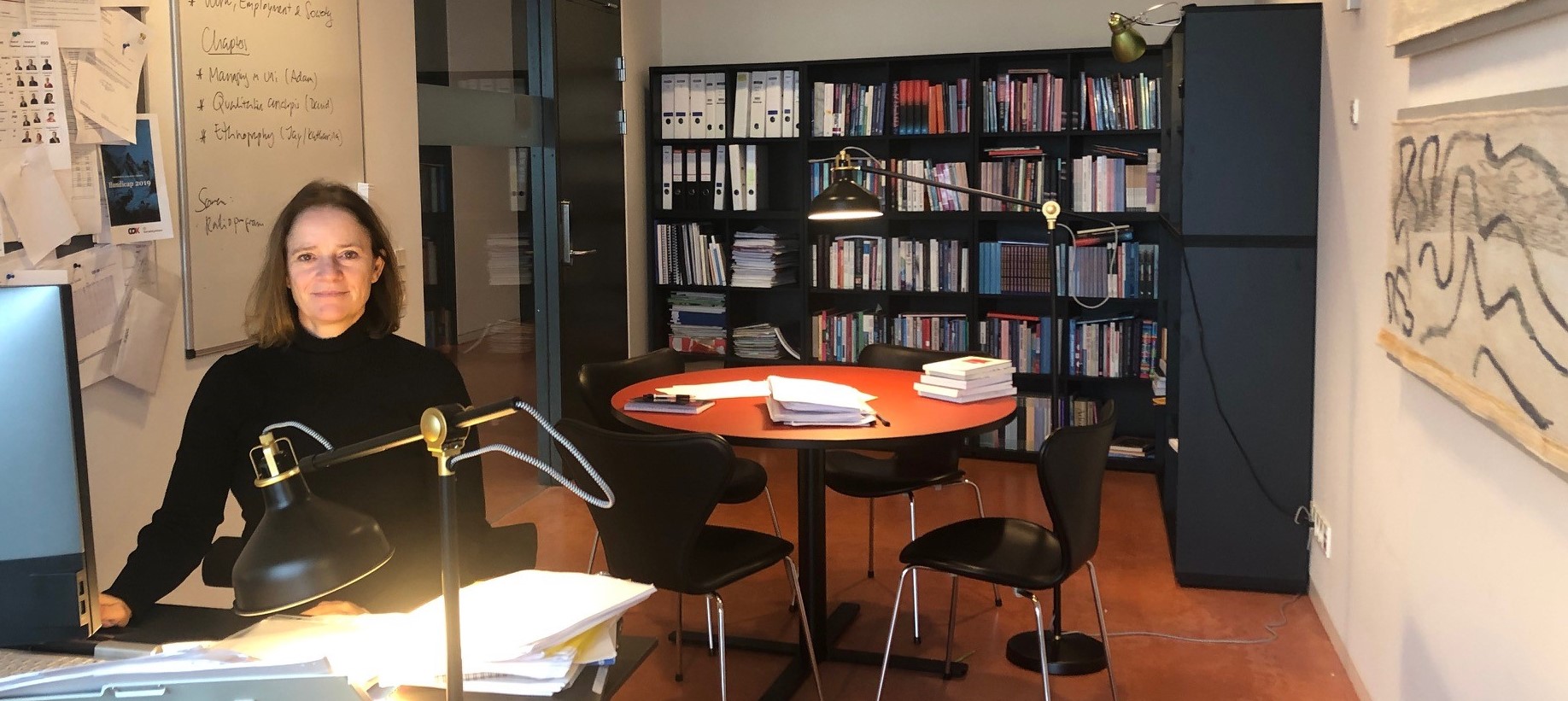My research is about how organizational identities such as client, patient, doctor, manager etc. reflect organizational factors and dynamics. As I see it, clients’ and staffs’ behavior is the result of classification processes that are influenced by organizational norms as well as by management tools, dominating discourses and other structural factors. Although I emphasize norms, discourses and structures in organizations, my approach is situated in the everyday life where people meet. Given this focus on practice, my theoretical inspiration primarily stems from symbolic interactionism. This micro sociological approach generates relevant insights into how human resources and perceptions of ‘normal’ behavior relate to different organizational factors and processes. I combine symbolic interactionism with other research traditions, for instance, with sociological and organizational studies of the body, risk, professions and power.
The subtle aspect of power is crucial in my studies on how identities interrelate with organizational factors. One of my recent research projects on disability and work shows the subtle aspect of power through the concepts of ‘othering’ (article in Human Relations), ‘caring’ (article in Work, Employment & Society) and ‘stereotyping’ (article in Gender, Work & Organization). The articles display that ‘helping’ and ‘caring’ for people in organizations may result in complex marginalization processes and the (unintentional) strengthening of existing power relations.
What has puzzled me the most when doing my rich ethnographic work, particularly in the public sector, is the often contradictory norms of what constitutes ‘normalcy’ – ‘normal’ behaviour and perceptions – for different groups of organizational members. When observing and interviewing, I have found the existence of very different norm systems that stem from the ideal-type bureaucracy, the market and popular psychology. I examine these norm systems in my recent book, The Power of Citizens and Professionals in Welfare Encounters: The Influence of Bureaucracy, Market and Psychology, published with Manchester University Press in 2017.
My latest research advances the discussion of agency and authority in welfare encounters. Together with prof. David Silverman, I show how (passive) clients have to juggle a double role because professions perceive them as (active) citizens as well. When clients occupy the role of citizens, they are expected to take action and show responsibility. When they occupy the role of clients, they are expected to accept an asymmetrical, dependent and often passive relation to the professionals. This study serves to qualify the concepts of agency and social citizenship and the way in which decisions evolve in everyday organizational life (see article in British Journal of Sociology). This interest on agency is further developed in my work on authority and agency conducted together with prof. Mark Haugaard (see articles in Journal of Classical Sociology and Symbolic Interaction)
Finally, I would like to emphasise my research interest in qualitative methodology and analysis. My knowledge of qualitative methodology stems from my use of fieldwork, audio and video recordings and interviews and from a thorough literature study, conducted over many years, of reflexive research texts on qualitative methodology. I have just edited an edition of a comprehensive SAGE book on qualitative analysis with prof. Margaretha Järvinen (SAGE, 2020). The book includes chapters from 19 researchers with expertise in qualitative methodology and analysis. In the book we show – not tell – how qualitative data is transformed into analysis using different sociological perspectives.

